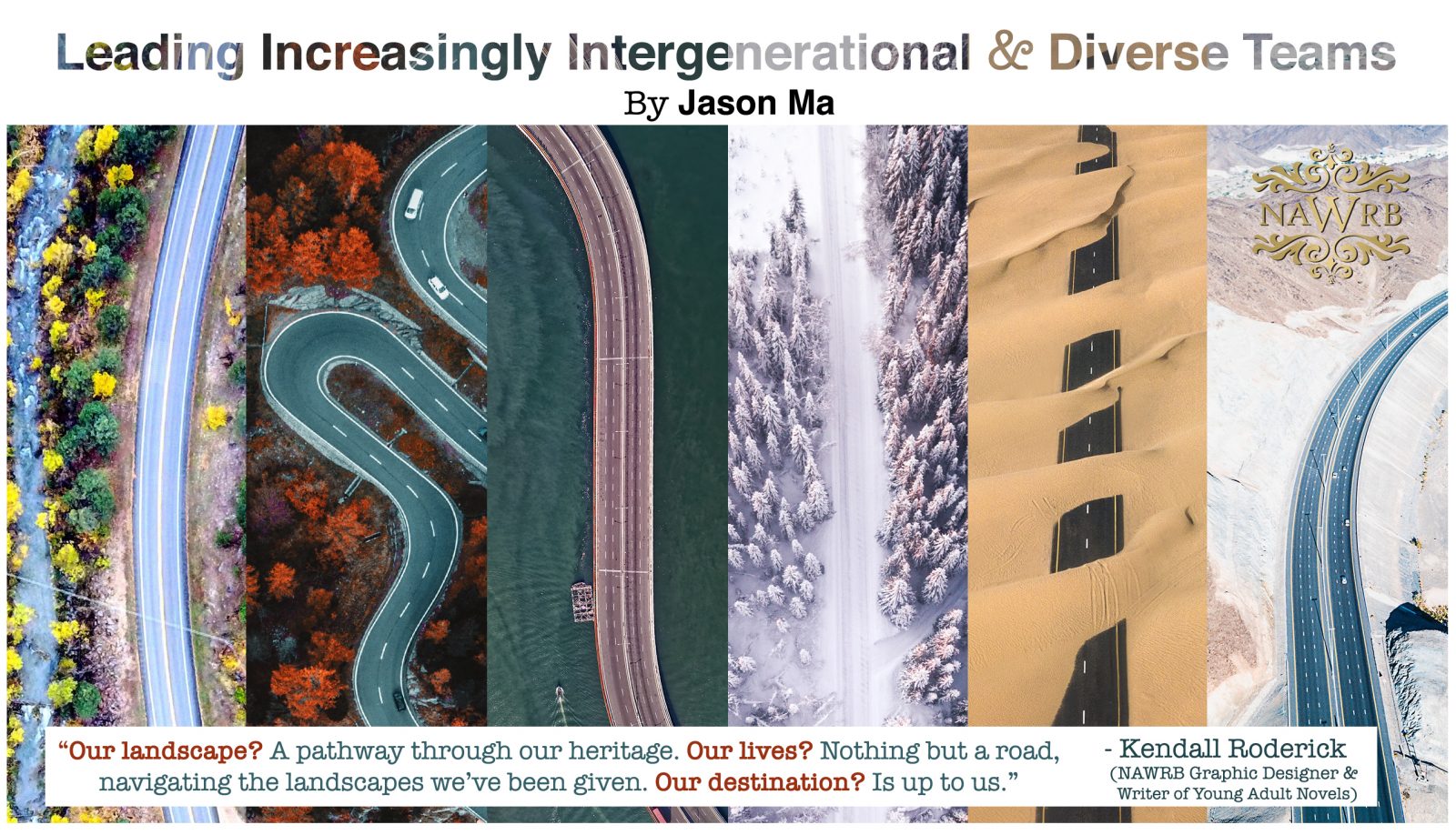The future of work and talent has arrived, and change is not only constant but also accelerating. Worldwide, the growing impact of technologies (especially artificial intelligence), digital transformation, globalization, intergenerational and cultural shifts, diversity, as well as the changing nature of careers and the “gig economy,” are raising people’s and companies’ productivity and connectivity. At the same time, these factors, along with social media, geopolitical turbulence, educational system issues, among other causes, are increasing stress, anxiety, fear, and already intense competition.
These trends are occurring while the G20 has declared that the future of work is one of its top three agenda priorities. Just this past weekend, the G20 Summit in Buenos Aires, Argentina (the G20 host country for 2018) concluded with the publication of the G20 Leaders’ Declaration. Here is an excerpt of this declaration by the Presidents and Prime Ministers of the 20 largest economies:
“We remain committed to building an inclusive, fair, and sustainable Future of Work by promoting decent work, vocational training, and skills development, including reskilling workers and improving labour conditions in all forms of employment, recognizing the importance of social dialogue in this area, including work delivered through digital platforms… We will continue to foster cognitive, digital and entrepreneurship skills, and encourage the collection and exchange of good practices.
… We underline the importance of girls’ education. To equip our citizens to reap the benefits of societal and technological innovations we will promote coordination between employment and equitable quality education policies, so we can develop comprehensive strategies that promote key competences such as learning to learn, foundation and digital skills, in a lifelong learning perspective from early childhood. We acknowledge the need to foster evidence-based innovative pedagogies and methods for all levels of education.”
As a leading member of the Business 20 (B20), the private sector’s voice of the G20, having served on its Employment and Education Task Force from 2014 to present, I pay particular attention to the future of work, talent, and education, the impact of AI and technologies, and digital transformation.
And with compassion as a trusted strategic advisor to C-suite/senior executives, mentor to select Boomer, Gen X, Millennial, and Gen Z achievers, and speaker and masterclass leader, I’ve seen numerous data points and patterns in business, education, and personal and family life that succeed and those that don’t. In this article, I would like to share part of my perspective.
Moving forward, I believe that linear and traditional career conformity and political correctedness will not work as well anymore. Lifelong learning and improvement are a must. To navigate effectively through the world’s ever-changing market and talent dynamics, executives and managers, including women in real estate, must rethink and enhance their leadership and management skills in dealing with tomorrow’s unprecedented workforce, especially Millennials and Gen Z’ers.
In real estate, location-location-location is one of the key success ingredients. But being more holistic with those who matter to you in running your business is also wise.
Millennials and Gen Z’ers will soon be the vast majority of the workforce. I am sure you are quite experienced working with Millennials. Here, why don’t I enlighten you into the minds and souls of the NEXT generation: Gen Z’ers, who share much of the traits of Millennials but…
Unlike previous generations, Gen Z’ers were born and raised as tech-savvy digital citizens with virtually increasing interconnectedness in a shrinking world. Growing up, they’ve been exposed to the pains of the post-9/11 period, the Great Recession, tragedies, a broken political system, Fake News, and divisive echo chambers. Instant updates are readily available from their smartphones like natural extensions of their body. These experiences have emboldened their resolve to recreate a better world.
Driven and pragmatic, Gen Z achievers care about meaningful, challenging work and making a real impact while shaping their own significance and identity. Many tend to have clearer career aspirations and paths earlier than previous generations have had. Gen Z achievers do ask “What’s in it for me?” before they join a company. Some opt for the experience if they like a company, including its mission and culture, in lieu of higher pay as found in more culturally mercenary investment banking firms.
They care about authenticity, genuine connection, and compassion. Integrity and honesty in a boss and leader really matter to them. They have grown up in the most diverse culture in history. They value mutual trust and respect. If Gen Z staffers say, “My boss and colleagues care about me,” chances are they will stick around much longer. If you spend the time to help them clarify their vision, dreams and aspirations, and aid them in directing their development and growth, you will likely have engaged, effective performers for a long time to come.
As you lead and inspire these Gen Z’ers, what matters includes the perceived quality of your own passion, talent, coaching, and the clear articulation of your company’s vision, along with key goals for your Gen Z employees. If they don’t feel appreciated for their contributions and emotionally aligned with you and your company, don’t expect them to stay long. Empathize—but focus them on what matters to you as their boss and to the company.
Gen Z has an entrepreneurial spirit and likes to (co)create. This doesn’t mean they all want to start their own companies yet, but they enjoy a sense of ownership in creation. They care about adventure and autonomy. Appealing environments that seamlessly integrate physical with mobile/online help put them in a positive mental state to create and innovate. They like to work at home at times and also find pleasure in traveling.
Gen Z cares about continuous learning and career and personal growth. They appreciate employable skills-building and opportunities for advancement. They often don’t know what they don’t know but, with effective guidance, they relish unleashing their own potential. However, they can be emotionally volatile. This generation’s nonstop experience with social media and online apps designed with algorithms that grabs attention and creates addiction—can make them feel lonely, anxious, or fragile. So, coach them compassionately to be more mindful, make progress, and grow—especially a “thicker skin.”
 I contend that moving forward, leadership is about honing both your own and your team’s outcome-focused and purpose-driven visionary compass, story/mindset, state, strategies, soft skills… pragmatic emotional, social, and leadership intelligence. A secret to team success is your mentorship quality – your own practical wisdom, compassion, and inspiration as you guide your teammates to strengthen team culture and dynamics, enhance individuals’ growth and contribution mindset, soft skills, relationships, happiness, and deliver stronger outcomes and ROI. This ethos is core to my own work as a foremost mentor and masterclass conductor.
I contend that moving forward, leadership is about honing both your own and your team’s outcome-focused and purpose-driven visionary compass, story/mindset, state, strategies, soft skills… pragmatic emotional, social, and leadership intelligence. A secret to team success is your mentorship quality – your own practical wisdom, compassion, and inspiration as you guide your teammates to strengthen team culture and dynamics, enhance individuals’ growth and contribution mindset, soft skills, relationships, happiness, and deliver stronger outcomes and ROI. This ethos is core to my own work as a foremost mentor and masterclass conductor.
In my masterclass for managers to C-suite executives, I often ask the participants the following types of questions. While reading this list of questions, please do reflect a bit in your own mind and soul.
• What is the depth of your understanding of the mindsets, including needs and quirks, of Millennials and Gen Z’ers?
• To what extent have you effectively been relating to and leading increasingly intergenerational, diverse, and multicultural teams?
• How effective have you been a boss or elder colleague whom Millennial and (digitally ultra-savvy) Gen Z achievers—aligned with your vision and mission—love to work with?
• From a scale of 1 to 10, to what extent have you ingrained truly effective, inspiring, and compassionate mentoring (and some reverse-mentoring) into your own repertoire?
• To what extent have you honed your own practical emotional, social, and leadership intelligence to a next level?
• What have you learned recently on how to enhance team relationships, productivity, and ROI at work, as well as joyful relationships in family and with clients, colleagues, partners, and friends?
The most successful people have had great mentors or coaches. Start with empathy and compassion. Learn to unleash the quality mentor in you for your firm’s and your success, your leadership development, and your personal fulfillment!
Jason Ma
Founder, CEO and Chief Mentor of ThreeEQ, Author of Young Leaders 3.0

 Login
Login

